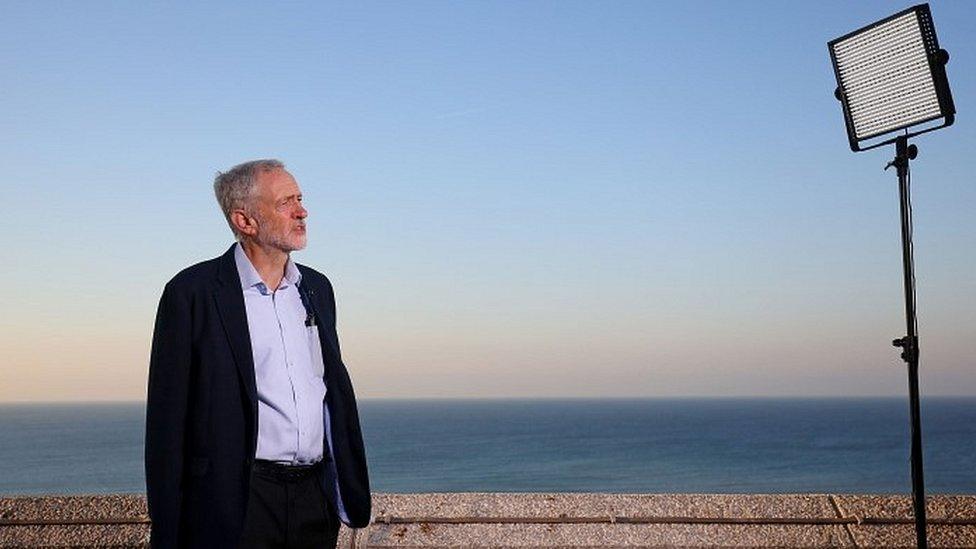Labour leadership result 'devastating for rebel MPs'
- Published
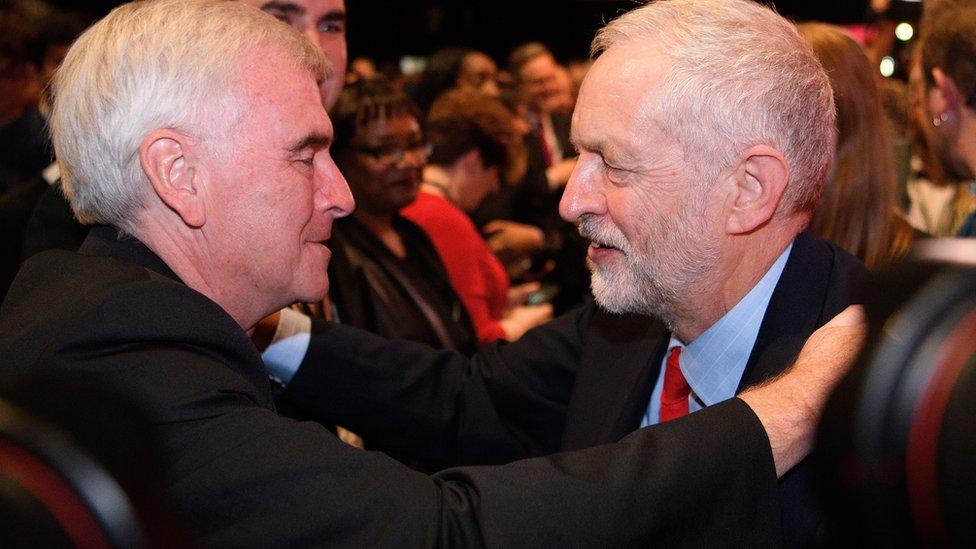
It may have been the result we were all expecting but nevertheless we are left with the striking fact that Jeremy Corbyn has now won two overwhelming mandates in the space of a year.
Expect plenty of talk of compromise and olive branches from all within the party this weekend in Liverpool - but behind the rhetoric this is a devastating result for the rebel MPs, and all those in the party looking to change its direction.
Presumably now the view from the leadership will be that while everyone will have to make some concessions for the sake of unity, the bulk of compromise and change in attitude will have to be made by those Labour MPs who resigned from his top team.
In other words, the message to them will be that the Corbyn camp is sitting pretty at the top of the party and going nowhere.
Brave or foolhardy?
The first big test will be how the shadow cabinet is elected. The internal workings of the Labour party may seem a million miles from the everyday lives of the public but decisions on this set the tone on whether Labour can become a remotely unified opposition or appear to many as a dysfunctional set-up indulging in yet another internal contest.
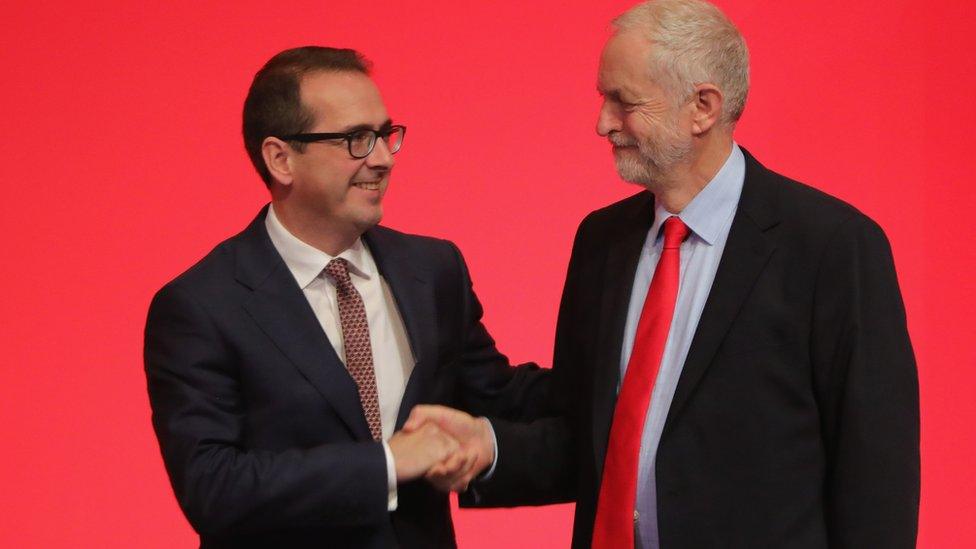
It is probably too much to ask that the differences and bad-feeling will disappear, what may be more realistic is that Jeremy Corbyn manages to get the party focused on the issues that it agrees on, such as opposition to grammar schools in England, and harness those feelings to take on the Conservatives.
The truth is that the wings of the party agree on more than they disagree on and somehow Corbyn and his allies have to make that count.
And what about the Pontypridd MP Owen Smith? Was his challenge brave or foolhardy?
Because of the make-up of the current membership, there is an argument to say that Jeremy Corbyn would have won whoever stood against him.
Easily seen off
Owen Smith had the challenge of creating a national profile for himself as well as landing blows on his rival.
One problem he had was allowing himself to be characterised as a Blairite candidate by Corbyn supporters, particularly in relation to his links with the pharmaceutical industry, and at times there appeared to be a lack of consistency in his approach.
His campaign began with a softly-softly strategy in the way he described Corbyn during debates, which later turned into a far more aggressive approach towards the latter stages of the contest.
Whatever way you look at it, Jeremy Corbyn has easily seen off yet another challenge.
- Published24 September 2016
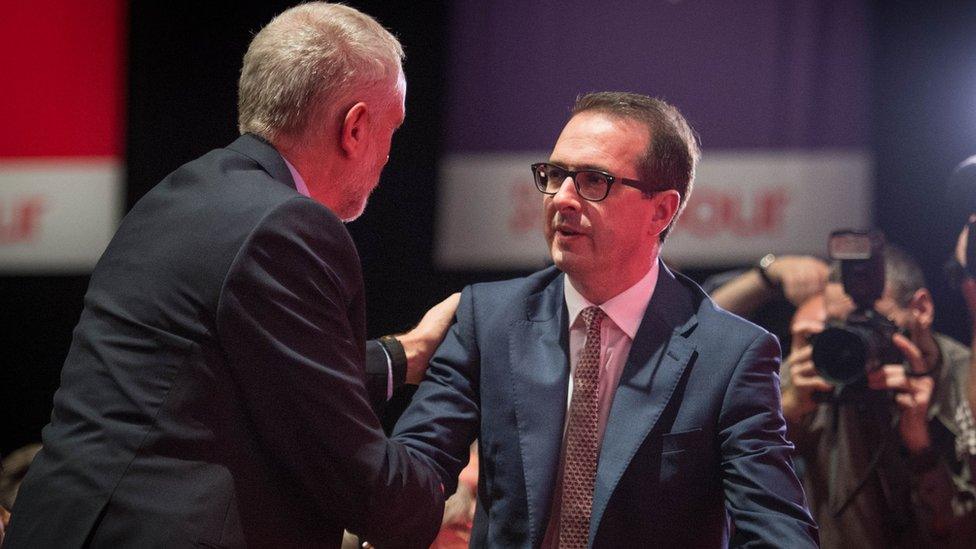
- Published24 September 2016
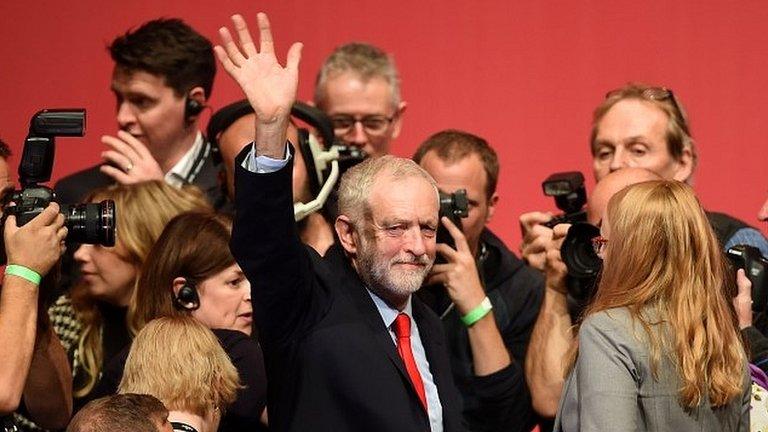
- Published24 September 2016
